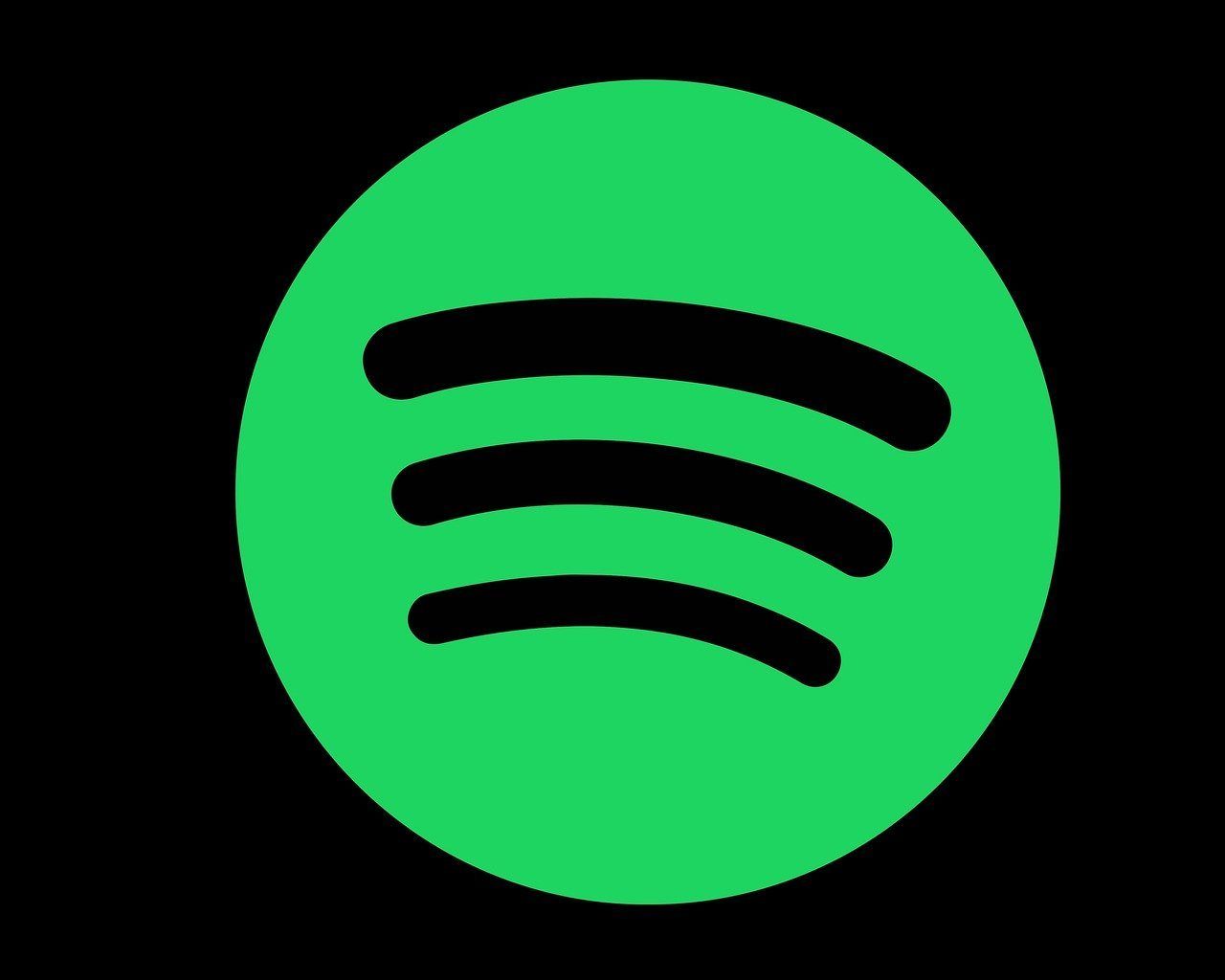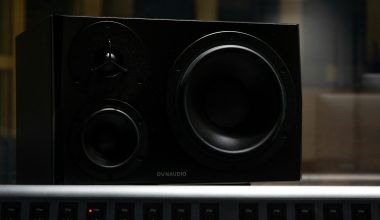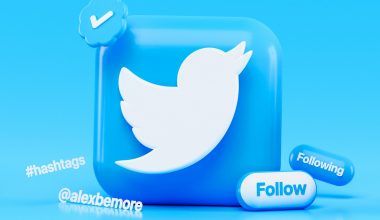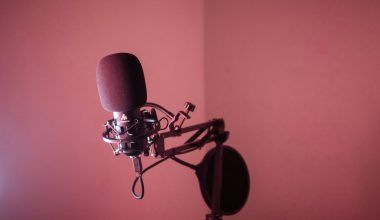If you’ve ever wondered whether your favorite artists earn money from Spotify, you’re not alone. Many music lovers and curious listeners have asked this question. After all, Spotify is one of the largest music streaming platforms in the world, and it seems fair to assume that the artists who create the songs we love should be rewarded. But how does it really work? Let’s dive into the details.
The Basics of Spotify’s Payment System
First, it’s important to understand how Spotify’s payment system works. Unlike buying a CD or a digital album where you pay a set amount directly to own the music, Spotify operates on a streaming model. This means listeners either pay a monthly subscription fee or use the free version supported by ads. The money generated from subscriptions and ads is what Spotify uses to pay artists, but it’s not as straightforward as it sounds.
Spotify doesn’t pay artists directly. Instead, payments go to the rights holders of the music, which can include record labels, producers, and sometimes the artists themselves. This is where things get a little tricky.
How Much Do Artists Earn Per Stream?
One of the most common misconceptions is that artists earn a fixed amount for every stream their song gets on Spotify. In reality, Spotify pays out based on a complex formula. On average, artists earn between $0.003 and $0.005 per stream. That means if a song gets 1,000 streams, the artist might make around $3 to $5. But even this small amount isn’t guaranteed to go directly into the artist’s pocket.
The money is first split among the rights holders. If an artist is signed to a record label, the label often takes a significant portion before the artist sees anything. Independent artists, on the other hand, may earn a larger share because they own their music outright.
Why Do Artists Earn So Little From Streaming?
Streaming platforms like Spotify have to divide their revenue among millions of tracks. The competition is fierce, and the amount of money generated per stream is limited. Additionally, Spotify operates in multiple countries with different subscription rates, which also affects payouts. For example, a stream from a user in the United States might generate more revenue than a stream from a user in a country with lower subscription fees.
Another factor is Spotify’s payout model. Instead of paying artists based on the number of streams they personally generate, Spotify pools all the revenue and distributes it based on overall listening patterns. This means if a popular artist gets a massive number of streams, they might take a larger share of the revenue pool, leaving less for smaller artists.
How Do Independent Artists Benefit?
Independent artists often ask, “Do artists get money from Spotify, and is it worth it?” For them, the answer can be a cautious yes. Platforms like Spotify give independent musicians a chance to reach a global audience without needing a record label. This exposure can lead to other income opportunities, such as live performances, merchandise sales, and fan support through platforms like Patreon.
That said, earning a sustainable income solely from Spotify streams is rare for most independent artists. Many use Spotify as a promotional tool rather than a primary source of income.
Alternative Ways Artists Earn Money
Because streaming payouts are relatively low, artists often look for other ways to make money. Here are a few common methods:
- Merchandise Sales: Selling t-shirts, posters, and other items can be a significant income stream.
- Live Performances: Concerts and tours often bring in more money than streaming.
- Licensing Deals: Artists can license their music for use in movies, TV shows, and commercials.
- Crowdfunding: Platforms like Kickstarter and Patreon allow fans to directly support their favorite artists.
These additional revenue streams can help make up for the low payouts from Spotify and other streaming services.
The Debate Around Spotify’s Payouts
There has been a lot of debate about whether Spotify’s payout model is fair to artists. Many musicians and advocacy groups have called for higher payouts and more transparency. Spotify has responded by introducing tools to help artists grow their audience and providing educational resources about how their payment system works.
Even so, the issue remains complex. Some argue that Spotify’s model is better than piracy, which offered no compensation at all. Others believe there is still a long way to go to ensure artists are fairly compensated for their work.
How Listeners Can Support Artists
If you’re wondering how you can help your favorite artists earn more money, here are a few tips:
- Buy Their Music: Purchasing albums or singles directly gives artists a higher percentage of the revenue.
- Attend Their Shows: Concert tickets often provide more income than streaming.
- Support Them on Fan Platforms: Platforms like Patreon allow you to contribute directly to artists.
- Share Their Music: Helping artists grow their audience can lead to more streams and opportunities.
By taking these steps, you can play a role in supporting the musicians you love.
Final Thoughts
So, do artists get money from Spotify? Yes, but the amounts are often small, and the system is far from perfect. Streaming has changed the music industry in many ways, making music more accessible but also creating new challenges for artists trying to earn a living.
For listeners, understanding how Spotify’s payment system works can help us make more informed choices about how we support the music we enjoy. Whether it’s streaming more, buying albums, or attending live shows, every little bit helps. At the end of the day, the best way to ensure artists are fairly compensated is to value their work and contribute in whatever ways we can.
For further reading, explore these related articles:
- All About BTS Total Songs: A Journey Through Their Music
- Rockin’ Around Lyrics: A Song That Brings Happiness Every Year
For additional resources on music marketing and distribution, visit DMT Records Pvt. Ltd..






